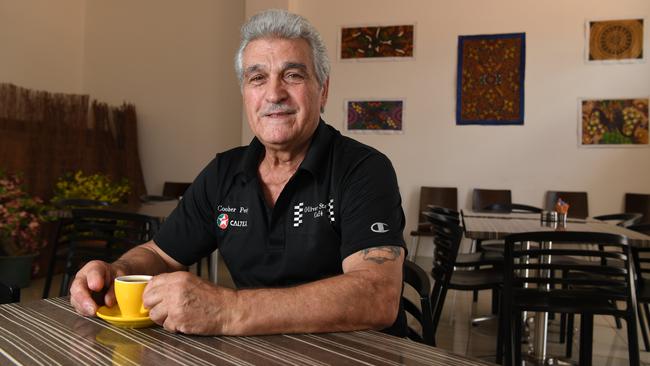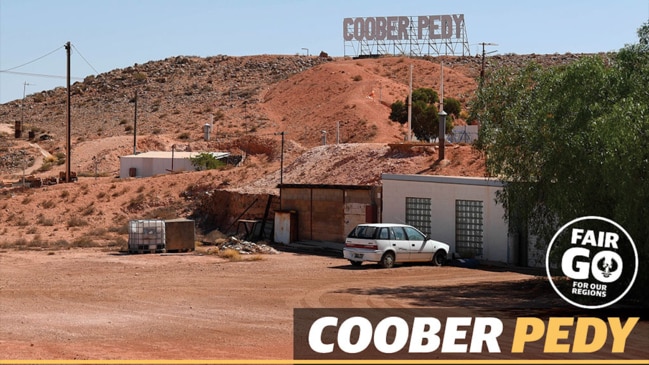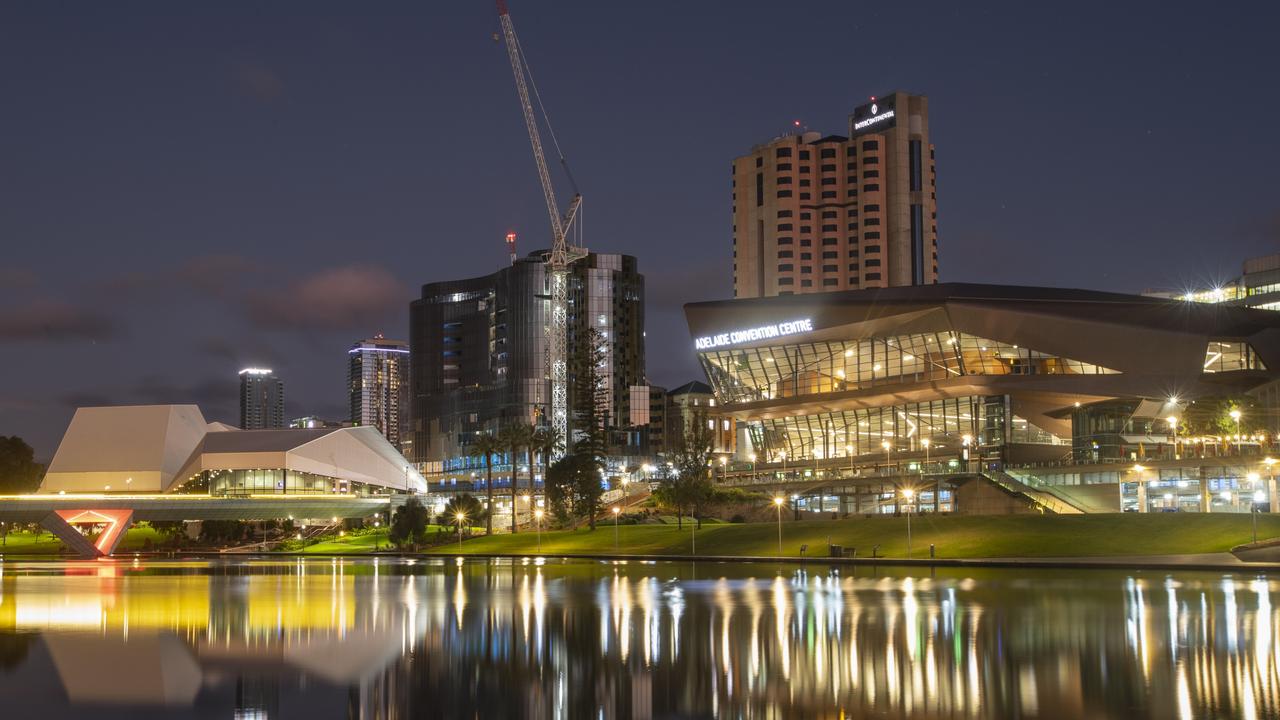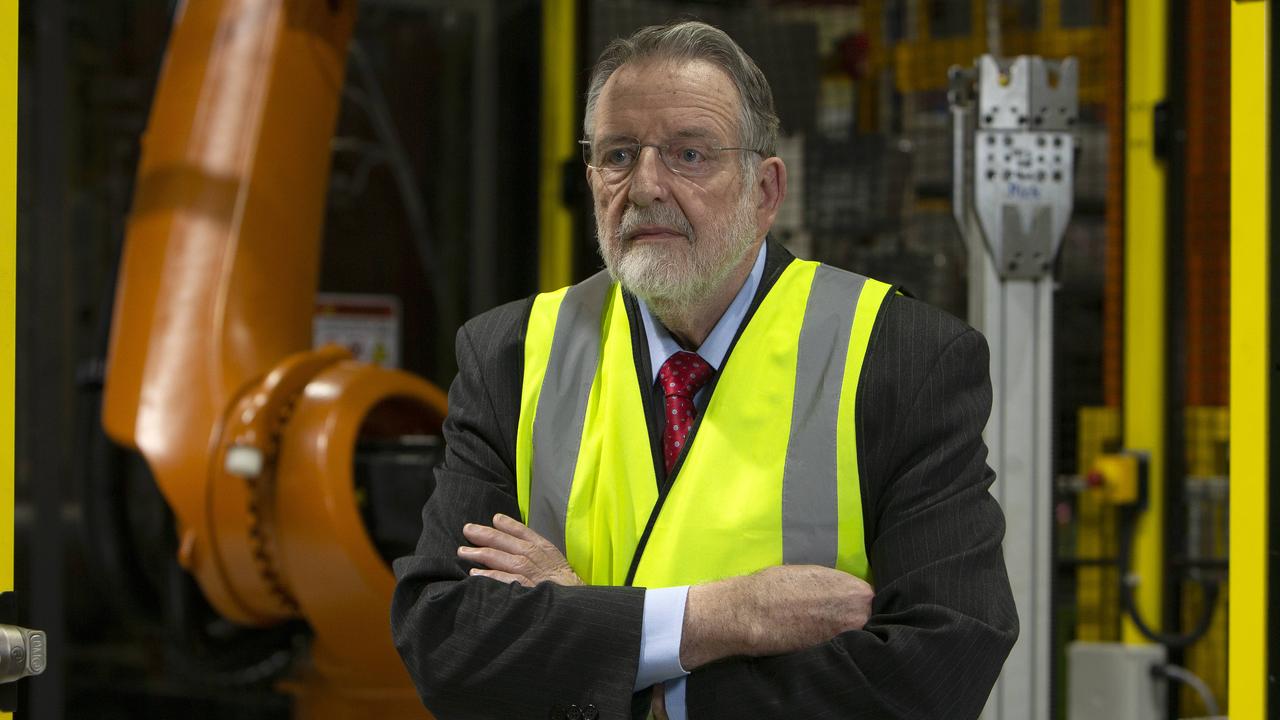Coober Pedy’s ageing population batting isolation and inadequate services
Overnight buses to visit hospitals six hours away, isolation and a lack of aged care — Coober Pedy’s ageing population faces countless challenges.

SA Business
Don't miss out on the headlines from SA Business. Followed categories will be added to My News.
- Coober Pedy: 10 per cent rate rise an option to deal with huge debt
- Fair Go for Our Regions: Call for improvements to Outback roads
- Speed limit increase backed by regional community leaders
Overnight buses to visit hospitals six hours away, isolation and a lack of aged care — Coober Pedy’s ageing population faces countless challenges.
Latest Census data shows that of the town’s 1760 residents, 30 per cent were aged 60 or over.
That compares with 24 per cent across the state.
Coober Pedy chief executive Colin Pitman said the Umoona Aboriginal community provided aged care for indigenous locals, but there was nowhere for other older residents to go once they could no long take care of themselves.
This meant some moved to Adelaide, Alice Springs or Port Augusta for residential care, or to live with their children.
“Some of them remain in their homes but the HACC (Home and Community Care) services are very limited,” Mr Pitman said.
Cr Carrie Adamo said there was a large cohort of bachelors in their 60s and 70s who had moved to Coober Pedy during the mining boom, including many of Greek, Serbian, Italian and Croatian backgrounds. They never married and did not have children to help care for them.

“I came here in 1980 as a young teacher and now after a period of great growth, we’re all old and a lot of these fellas that are single have no options — they’re stuck,” Cr Adamo said.
“They stay in town living on their pension.”
Coober Pedy had its own hospital but for some services, locals had to travel to larger town centres such as Port Augusta, which meant taking an overnight bus and arriving in the early hours of the morning — a taxing exercise for older adults.
The town was considering ways to battle social isolation among older residents.
Red Cross organised weekly craft sessions for older women and offered transport for shopping and medical appointments.
Many older Greek men had also found support in each other, socialising at coffee shops throughout town each day.
“You can speak Green quite comfortably in town and never speak English — Greek is the second language in town,” Cr Adamo said.
Outback Caltex/Oliver Street Cafe is among their haunts, and owner Peter Simatos said he had known many of his customers for 40 years.
“I see them every day — it’s like a family,” Mr Simatos said.
michelle.etheridge@news.com.au


